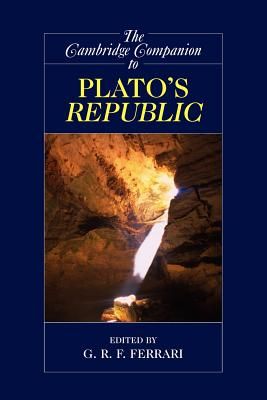Home
Politics, Money, and Persuasion: Democracy Opinion Plato's Republic
Loading Inventory...
Barnes and Noble
Politics, Money, and Persuasion: Democracy Opinion Plato's Republic
Current price: $85.00


Barnes and Noble
Politics, Money, and Persuasion: Democracy Opinion Plato's Republic
Current price: $85.00
Loading Inventory...
Size: Hardcover
*Product Information may vary - to confirm product availability, pricing, and additional information please contact Barnes and Noble
In
Politics, Money, and Persuasion
, distinguished philosopher John Russon offers a new framework for interpreting Plato's
The Republic
. For Russon, Plato's work is about the distinctive nature of what it is to be a human being and, correspondingly, what is distinctive about the nature of human society. Russon focuses on the realities of our everyday experience to come to profoundly insightful assessments of our human realities: the nature of the city, the nature of knowledge, and the nature of human psychology. Russon's argument concentrates on the ambivalence of logos, which includes reflections on politics and philosophy and their place in human life, how humans have shaped the environment, our interactions with money, the economy, and the pursuit of the good in social and political systems.
offers a deeply personal but also practical kind of philosophical reading of Plato's classic text. It emphasizes the tight connection between the life of city and the life of the soul, demonstrating both the crucial role that human cognitive excellence and psychological health play in political and social life.
Politics, Money, and Persuasion
, distinguished philosopher John Russon offers a new framework for interpreting Plato's
The Republic
. For Russon, Plato's work is about the distinctive nature of what it is to be a human being and, correspondingly, what is distinctive about the nature of human society. Russon focuses on the realities of our everyday experience to come to profoundly insightful assessments of our human realities: the nature of the city, the nature of knowledge, and the nature of human psychology. Russon's argument concentrates on the ambivalence of logos, which includes reflections on politics and philosophy and their place in human life, how humans have shaped the environment, our interactions with money, the economy, and the pursuit of the good in social and political systems.
offers a deeply personal but also practical kind of philosophical reading of Plato's classic text. It emphasizes the tight connection between the life of city and the life of the soul, demonstrating both the crucial role that human cognitive excellence and psychological health play in political and social life.


















